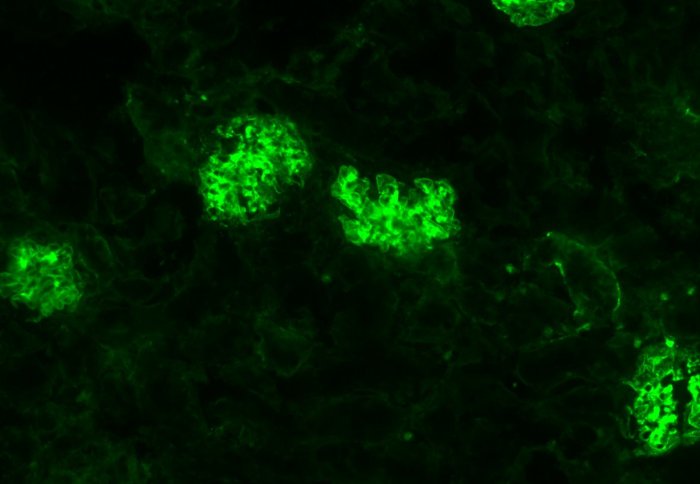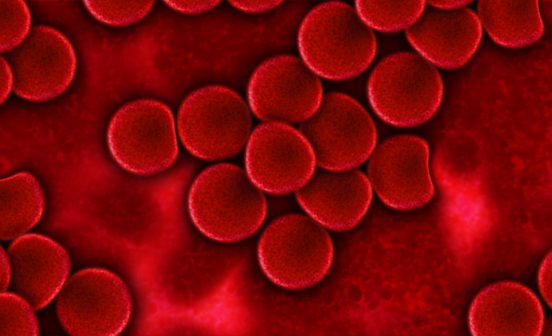PreventionTherapeutic Novel role for immune cells in making lupus worse

Researchers from the NIHR Imperial BRC have shown that an immune cell, normally protective against viruses and cancer, could make lupus worse, and trigger flare-ups of the condition.
Lupus is an autoimmune condition which occurs when the immune system malfunctions, resulting in skin and joint problems and organ damage. It affects 1/1000 people and approximately 30,000 in the UK, occurring more commonly in women than men.
Although the causes of lupus are not fully understood, it is thought to result from complex genetic and environmental interactions, with evidence to suggest a link between lupus and complement C1q deficiency. C1q is part of the complement pathway, which is a component of the immune system involved in coordinating the body’s defence against pathogens such as bacteria and virus.
In the study published in the journal Science, Professor Marina Botto‘s team used pre-clinical models to identify an important role for C1q in regulating the metabolism of virus-killing immune cells. The team showed that when the number of cytotoxic T cells becomes too high, the immune system starts to malfunction and attacking the body, which may be the reason for a flare-up in symptoms when a lupus patient contracts a virus.
Professor Botto said, “I’ve been working with lupus for many years, and we’ve only recently realised these cytotoxic cells – which have such a crucial role in protecting the body against viruses, may also play a key role in the disease.”
The next stage of this research is to conduct further studies with lupus patients to gain more insight into how these cells are controlled.
This research was supported by the Wellcome Trust and the NIHR Imperial BRC. You can read more about it here.





